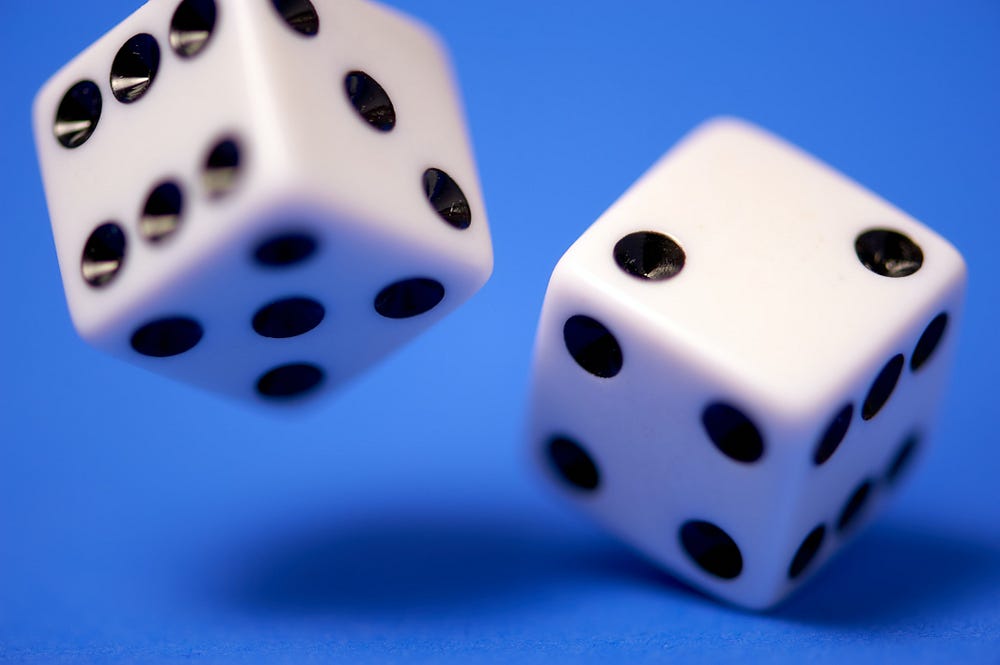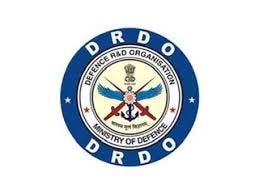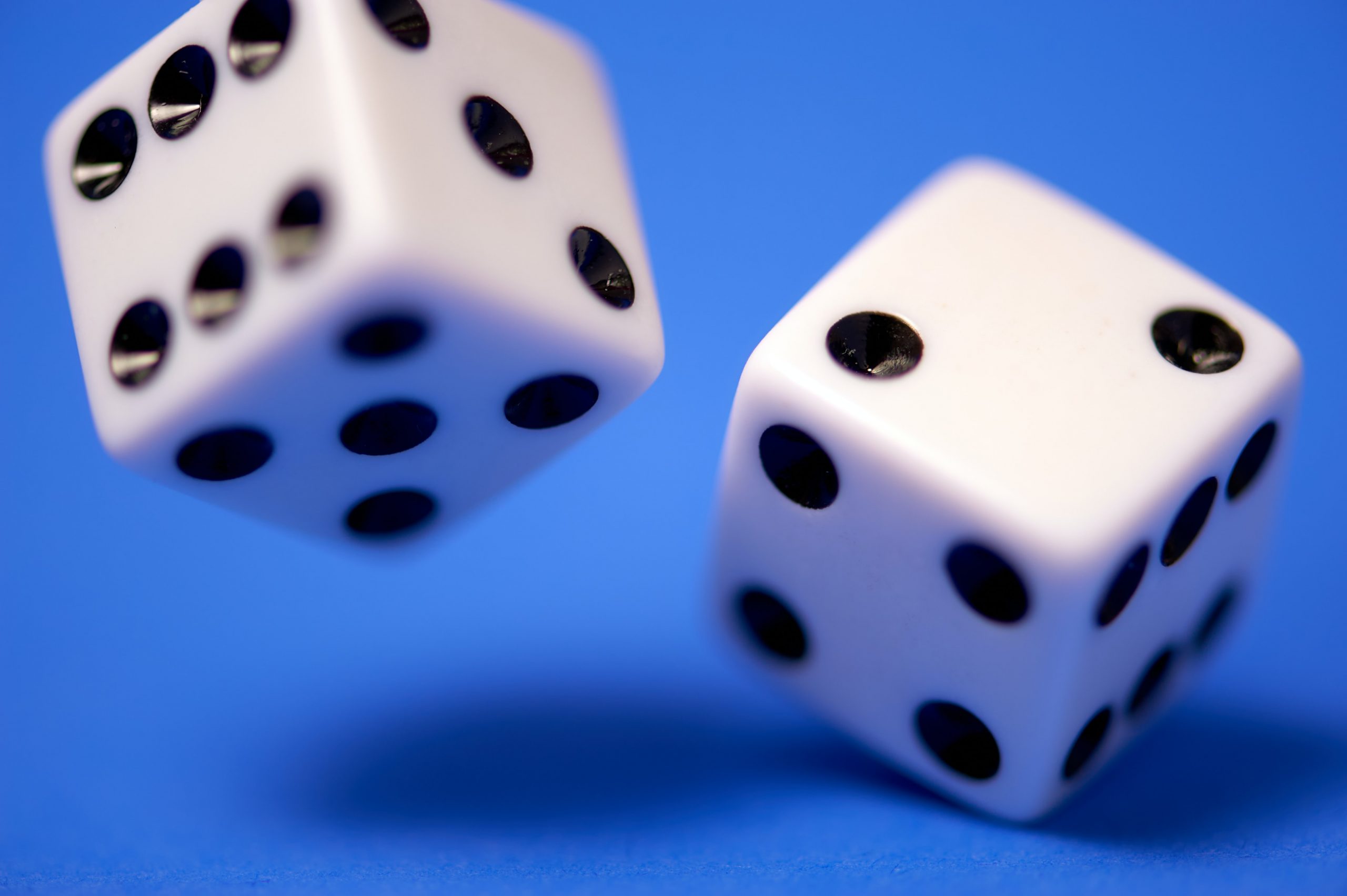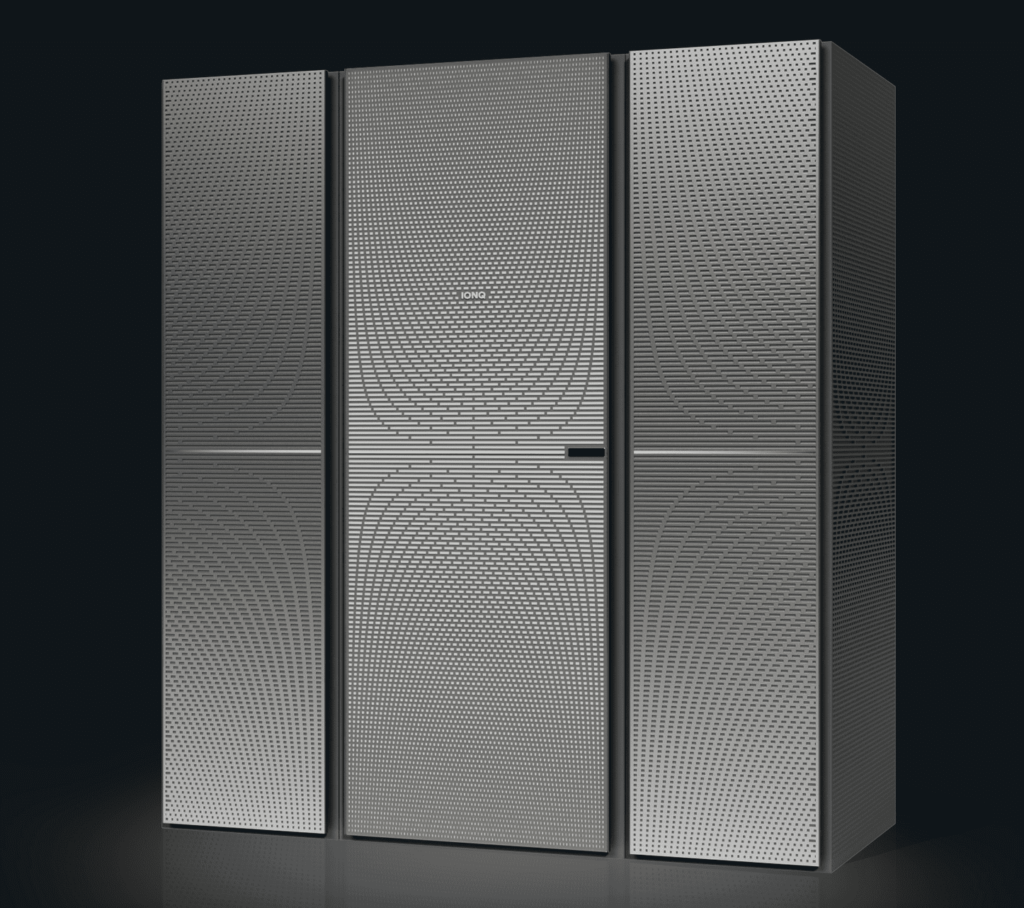
Indigenously Developed
A laboratory in India, the Young Scientist Laboratory for Quantum Technologies (DYSL-QT), a Mumbai-based facility that is part of the Defence Research and Development Organisation (DRDO), has developed a quantum random number generator (QRNG) using a fibre-optic branch path-based QRNG that can detect random quantum events and transform the results into a stream of binary digits, the Indian Ministry of Defence reported.
“The QRNG system developed by the laboratory (DYSL-QT) has passed the global randomness testing standards of NIST and Die-harder Statistical Test Suites at the speed of around 150 kbps after post-processing. The generated random numbers are also evaluated and verified using DRDO’s indigenously developed Randomness Testing Statistical Test Suite of SAG. With this development, India enters the club of countries which have the technology to achieve the generation of random numbers based on the Quantum Phenomenon,” said a press statement from the Defence Ministry.
This branch path-based ORNG technology, in essence, depends on the assumption when a single photon lands on a balanced beam splitter, it will take either of the beam-splitter output paths randomly. This randomness is converted into a pattern of binary digits (bits).
Potential
Speaking further of their achievements, DRDO chief G Satheesh Reddy has asked scientists to concentrate their efforts on next-generation technology, which includes cybersecurity, space and AI.
“The immense potential available in DRDO has been a catalyst for the development of industries in the defence manufacturing sector,” Reddy commented, observing the 63rd Foundation Day of its establishment.

Crucial in many technological fields such as applications used in cryptography, quantum communication, key wrapping and others, it is evident random numbers have a future, though the general consensus is that perfect randomness is impossible to emulate with existing technology. The fix is by utilizing quantum mechanics, which can offer — by way of its underlying system — truly random numbers.

“The DRDO should concentrate on applied research and translational research and then make prototypes from the applied research,” said Reddy.
It is obvious the DRDO — as well as the Indian government, led by populist prime minister Narendra Modi — wants to compete with China, its biggest competitor regarding ORNG technology in the region.
And with the DRDO’s latest breakthrough, India may well be a step closer to achieving that.
For more market insights, check out our latest quantum computing news here.



















